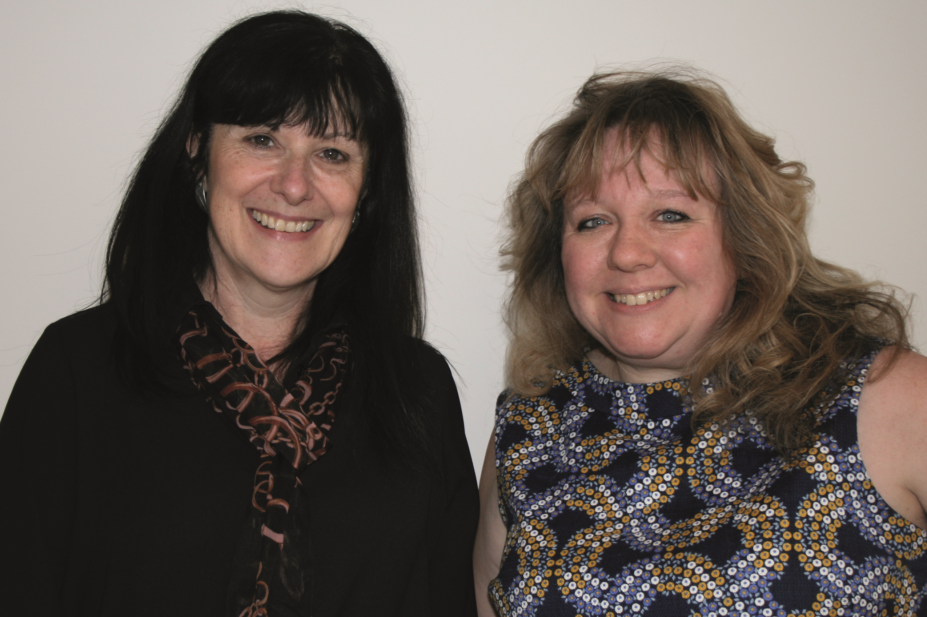
Corrinne Burns / The Pharmaceutical Journal
“It is not my job to stop every antibiotic prescription that I see — just to stop inappropriate prescribing and use.” Those were the words of Hayley Wickens, consultant pharmacist in microbiology at University Hospital Southampton NHS Foundation Trust, speaking at Building Your Confidence around Antimicrobial Stewardship — a workshop developed by the Royal Pharmaceutical Society (RPS) and the UK Clinical Pharmacy Association’s Pharmacy Infection Network and held at the RPS London headquarters on 10 May 2018.
The workshop was created to help pharmacists become more confident in applying antimicrobial stewardship principles within their workplace, whether that be a community pharmacy, GP practice or hospital. One of the take-home messages of the day was the value of antimicrobial use audits — a core part of antimicrobial stewardship, Wickens said, and something that every pharmacist can do.
A quick poll showed that 30 of the 48 workshop attendees had already undertaken some form of antimicrobial auditing, and that of these, 25 had implemented changes in their workplace as a result. “Audits don’t have to be world-changing or complicated,” said Wickens. An audit can, she said, be as simple as going to one hospital ward every day for a week and taking stock of the antimicrobial prescriptions.
Key to any successful audit, Wickens added, is feeding your data back to the multidisciplinary team. “Data feedback makes people change their behaviour. If you happen to be auditing a hospital, or a GP surgery, showing teams where they sit compared to their peers can be very powerful. Everyone wants to be better than the next guy.”
Education of patients is another core aspect of stewardship, delegates heard. Wickens pointed to the value of “information prescriptions”: formalised instructions for self-care, which can be supplied to those who do not need antibiotics using forms like Public Health England’s (PHE) ‘
Self-care guide to help you treat your infection
’. “People sometimes feel short-changed if they’re expecting an antibiotic and they don’t get one,” she said. “You need to give patients information. If you give an information prescription, that almost assuages the psychological need to take away an antibiotic.”
Jacqueline Sneddon, chair of the RPS Antimicrobial Expert Advisory Group and project lead for the Scottish Antimicrobial Prescribing Group, also emphasised the value of local actions to combat antimicrobial resistance, pointing out that stewardship initiatives “don’t have to be massive, global efforts. Get to know your local antimicrobial pharmacist; get involved in your workplace. Join the Antibiotic Guardian campaign and make a pledge relevant to your professional group about how you’re going to protect antibiotics.”
Among other useful tools, Sneddon highlighted PHE’s ‘
Start smart then focus
’, a toolkit for antimicrobial stewardship in secondary care, and recommended the free online course, ‘Antimicrobial stewardship: managing antibiotic resistance’.
Ultimately, Sneddon said, it is important that pharmacists equip themselves with the tools to champion stewardship in whatever capacity they can. “We need effective stewardship to preserve antibiotics for future generations. All pharmacists have a role in that.”

